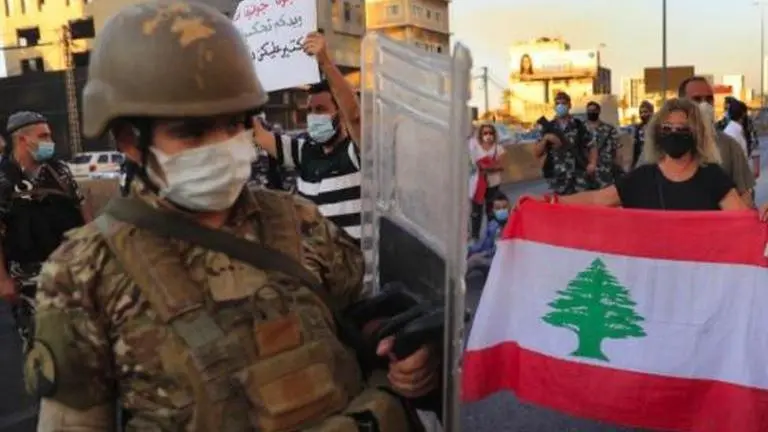Updated 22 October 2020 at 18:18 IST
Lebanon president holds consultations for new PM
Hariri resigned from the post a year ago amid nationwide protests by a public angered by widespread corruption, mismanagement of resources and a flunking economy.
- World News
- 2 min read

Lebanese President Michel Aoun began crucial consultations with lawmakers on Thursday to name a new prime minister.The process was widely expected to bring back an old name, former premier Saad Hariri, to lead the country out of its dire political and economic crises.Hariri, however, is likely to secure only slim support among members of parliament, amid sharp political divisions over the shape of the cabinet to be formed.
Hariri resigned from the post a year ago amid nationwide protests by a public angered by widespread corruption, mismanagement of resources and a flunking economy.In the year since, Lebanon's currency sank, losing nearly 80% of its value, while prices, unemployment and inflation soared.
Lebanese have been unable to access their savings, as banks imposed informal capital controls fearing a run on deposits.A gigantic explosion in August in Beirut's port, caused by thousands of explosive chemicals stored in a warehouse there, compounded the crises.The blast defaced the capital, killing nearly 200 people, and injured over 6,000.
The explosion was seen as further proof of an incompetent political class in charge of governing the small country since the end of its 15-year civil war in 1990.The explosion forced Hariri's successor, Hassan Diab, to resign days later — ushering in a new period of political instability.
Advertisement
The explosion also prompted France, a longtime ally, to push for a new political order in Lebanon, launching what came to be known as the French initiative.The initiative is designed to pressure rival politicians to reach an agreement on a government empowered to introduce wide-ranging economic reforms.
The international community has said it will not help Lebanon financially before reforms are implemented.But Lebanon's complex sectarian-based political system makes reaching major decisions a significant challenge.Power, including government posts, is distributed among the country's Shiites, Sunnis and Christians who often get bogged down in horse trading because of fears of losing their calibrated clout.
Advertisement
(Image Credit: AP)
This story has not been edited by www.republicworld.com and is auto-generated from a syndicated feed.
Published By : Associated Press Television News
Published On: 22 October 2020 at 18:18 IST
